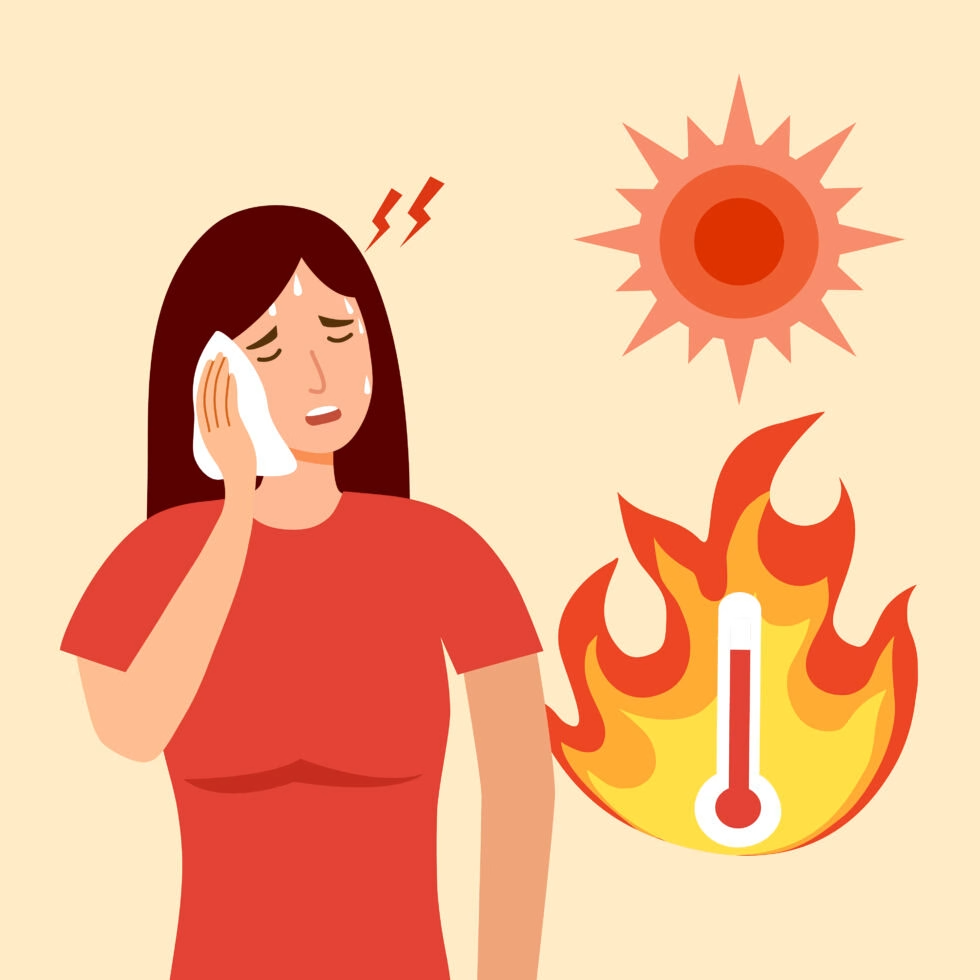by | Apr 28, 2024 | Walk In Clinic

Should I be Worried about Norovirus?
After work, as you are picking your child up from daycare you are told that three children and a staff member are currently out ill. There is concern that norovirus is making its way through the center. You are handed a sheet with basic information and a warning while being asked to make sure your child and all family members increase your efforts to follow handwashing guidelines. Your annual family picnic is in three days and now you are concerned you may not make it.
What is Norovirus?
Norovirus, often dubbed the “stomach flu,” is unrelated to influenza which is primarily a respiratory virus. Norovirus is a group of viruses causing gastroenteritis, which is inflammation of the stomach and intestines. Though the symptoms overlap, and norovirus can be transmitted through contaminated food and water, it does not fall into the typical description of food poisoning.
Spotting the Symptoms
Norovirus spreads swiftly through direct contact with infected individuals and contaminated foods or surfaces. Raw oysters are notorious carriers because they can be infected by the water in which they have lived. Symptoms strike within hours, persisting for up to three days. Those affected can pass on the infection for up to two weeks post-recovery. Symptoms include:
- Nausea and Vomiting: Norovirus unleashes relentless waves of nausea and acute vomiting.
- Diarrhea and Cramps: The gut-wrenching experience includes severe diarrhea accompanied by stomach cramps.
- It can be difficult to distinguish between the flu and norovirus due to their similar symptoms. Whether you are dealing with the flu or the norovirus, the onset of symptoms and duration of your illness can help you to tell the difference between the two. Only a lab fecal test can determine the presence of norovirus.
How is Norovirus Spread?
- Having direct or indirect contact (holding hands, sharing utensils, changing diapers) with someone who is sick with norovirus
- Eating or drinking something that is contaminated with norovirus
- Eating uncooked or undercooked shellfish
- Not rinsing vegetables well under running water before eating them
- Touching a surface that is contaminated with norovirus and then putting unwashed hands in the mouth
- Sharing a bathroom with an infected person
- Cleaning the vomit or diarrhea/feces of an infected person without gloves/mask
Norovirus can be contracted through contaminated water that is not treated properly with chlorine, when an infected person vomits or poops in water, or if septic water leaks into a well. The virus can be transmitted through feces for up to two weeks even after symptoms have resolved. The virus can linger for weeks on surfaces like doorknobs and toys which help make places such as nursing homes, daycares, and schools prime environments for outbreaks.
How Can I Prevent Norovirus?
- Thorough Handwashing: Soap and water are paramount, especially after bathroom use or food handling. If you are caring for a child or family member that you suspect may have norovirus it’s important to understand that hand sanitizer will not kill the associated viruses. You will need to wash your hands thoroughly and under running water for at least 20 seconds.
- Surface Sanitization: A bleach-water solution effectively disinfects surfaces, minimizing viral spread. Washing surfaces with a bleach water mixture (3/4 cup of bleach per 1 gallon of water) is advised. If you can, leave the mixture on the affected surface for 5 minutes before wiping it up. If you can’t use bleach for any reason, check out the Environmental Protection Agency’s website for a page listing registered antimicrobial products that are effective against norovirus.
- Stay Isolated: If infected, stay home, and avoid communal activities to prevent further contagion.
Managing Complications
Watch for signs of dehydration, especially among those who are very young, elderly, or who have compromised immune systems. Dehydration can occur quickly and become a grave concern in a short amount of time.
Symptoms of dehydration include:
- Decrease in urination or dark urine
- Dry mouth and throat
- Feeling dizzy and weak when standing up
- Headache
- Children may have the above symptoms, along with:
- Crying but shedding few or no tears
- Fussiness
- Grogginess throughout the day
Eating and drinking can be difficult due to inflammation of the stomach and intestines that comes with norovirus, which causes diarrhea and vomiting. It can be helpful to sip water and electrolyte solutions like Gatorade or Pedialyte and nibble on food throughout the day to reduce the likelihood of your body rejecting them.
Visit our urgent care team at AFC Athens for persistent symptoms such as a high fever, signs of severe dehydration, extreme drowsiness, incoherence, and lack of improvement after 48 hours. Norovirus is constantly mutating and moving through different geographic areas. It’s possible to be immune for a while against one strain, but that does not provide immunity against others. Hygiene and proper cooking remain your best defense against norovirus.
As you hurry about the tasks of daily life it can be easy to become lax on handwashing or even forget about norovirus altogether. Remember that the virus is especially active between November and April in North America and as few as eighteen virus particles can cause an infection. With diligence, proper hygiene, and food precautions your odds of skipping the stomach-churning misery greatly improve.


